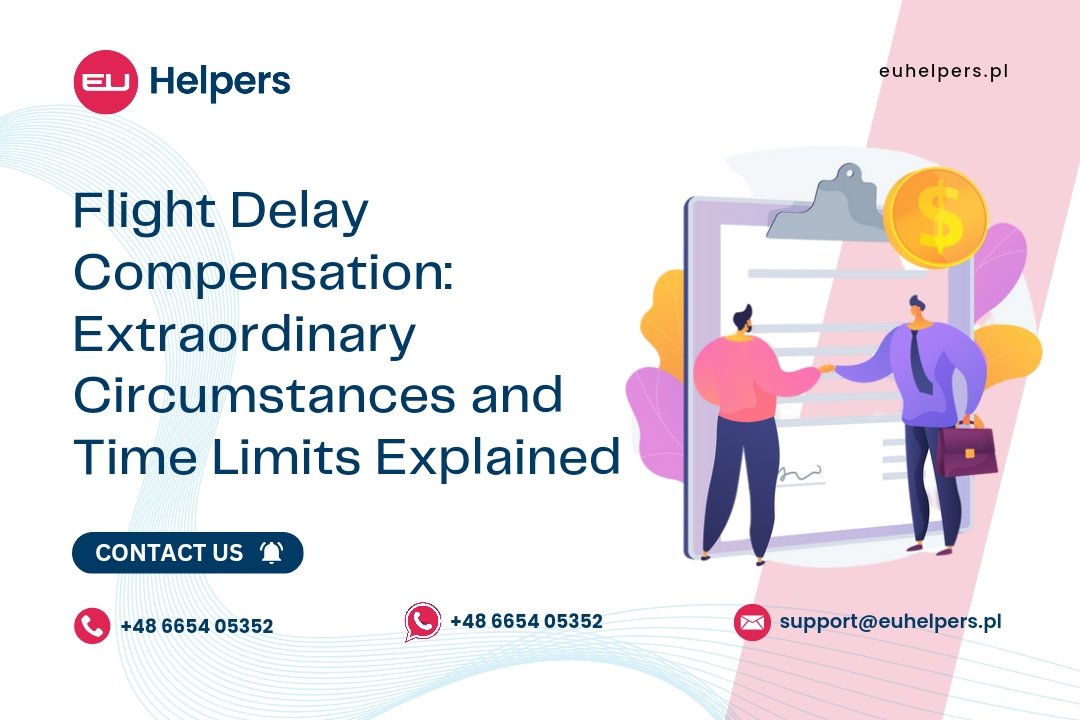Extraordinary circumstances refer to unforeseen events or situations that are exceptional in nature and beyond the control of the airline. Under air passenger rights regulations, such as Regulation (EC) No 261/2004 in the European Union, these circumstances can exempt airlines from the obligation to provide compensation for flight delays or cancellations. The specific definition of extraordinary circumstances can vary by jurisdiction, but generally includes:
1. Extreme weather conditions:
- Thunderstorms
- Hurricanes
- Blizzards
- Heavy fog
- Strong winds
2. Natural disasters:
- Earthquakes
- Tsunamis
- Severe storms
- Volcanic eruptions
3. Other unforeseen events:
- Bird strikes
- Air traffic control restrictions
- Political or security issues
- Medical emergency landings
When a flight delay is caused by extraordinary circumstances, airlines are typically not required to provide compensation to passengers.
How long are Compensation Claims valid?
The validity period for compensation claims varies based on the specific regulations and laws governing air passenger rights in different regions. Typically, the time limit for submitting a compensation claim for a delayed or cancelled flight is defined within a certain number of years from the date of the flight disruption.
For instance, within the European Union, the time limit for claiming compensation under Regulation (EC) No 261/2004 is generally two to three years, depending on the country where the claim is made. However, these time limits can differ among EU member states.
Outside of the EU, the time limit for compensation claims may vary according to the regulations and laws of the specific country or region. Therefore, it is essential to refer to the relevant national or international regulations and, if needed, consult with legal professionals or consumer protection agencies to determine the time limit applicable to your situation.

